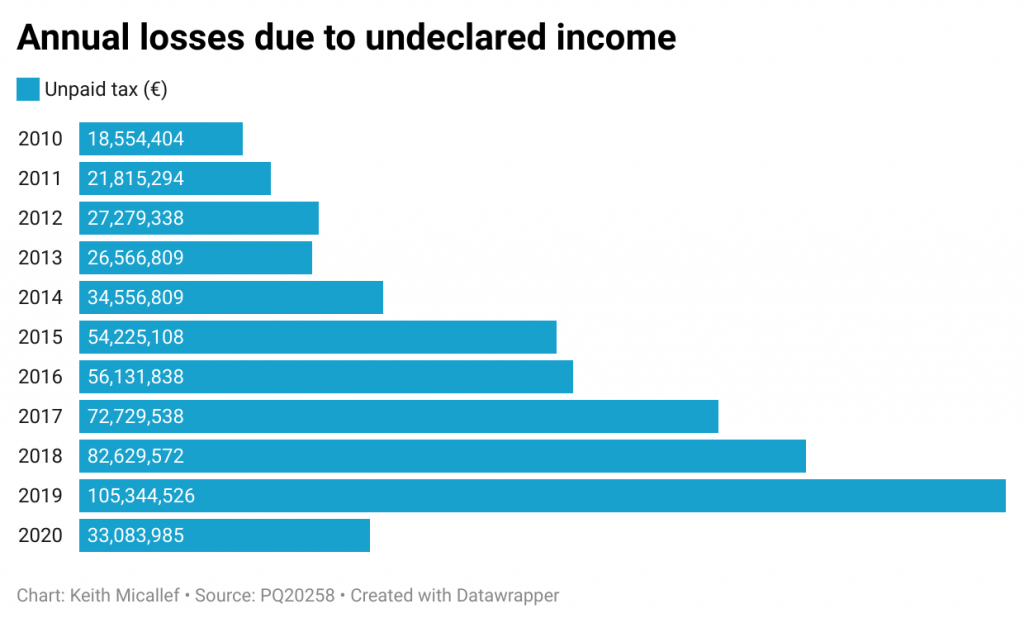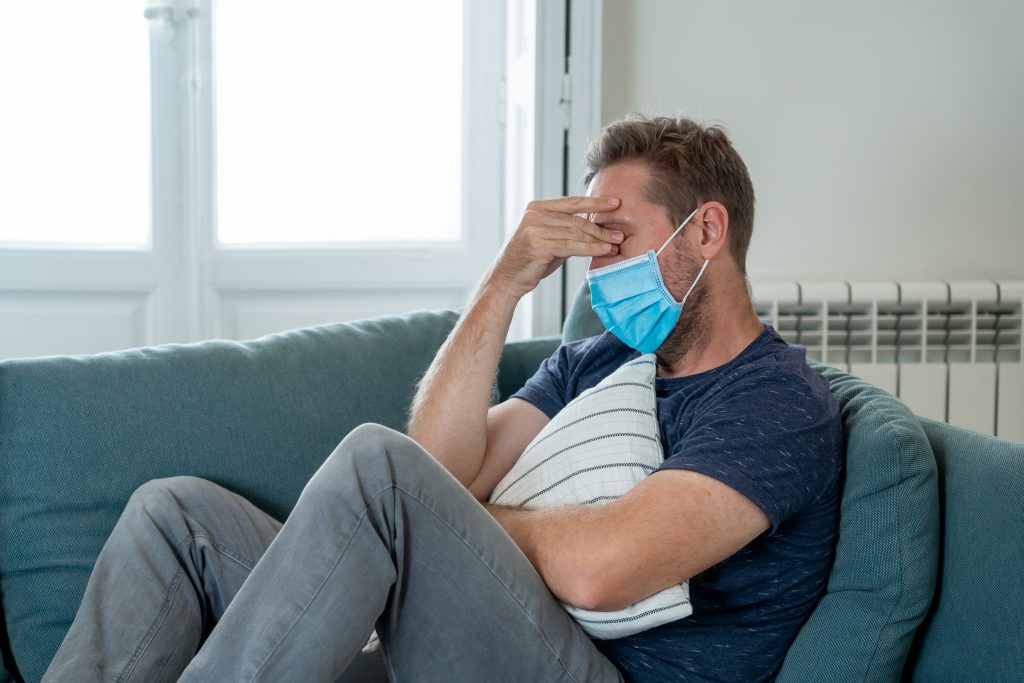Archive for Feature
Malta’s minimum wage losing its edge
Minimum wage earners in Luxembourg earn €2,202 a month which is almost three times as much as their Maltese counterparts who earn €785. Though Malta still ranks in the top…
Undeclared income cost exchequer over €500 million since 2010
Over €500 million in income tax was lost in the last decade alone as a result of undeclared income. It transpires that between 2010 and 2020 there were 201,364 individuals…
Act now or else the clouds turn black
Malta’s future hangs in the balance following the announcement that it has been grey listed by the Financial Action Task Force (FATF). Right now, the country’s reputation lies in tatters.…
EESC backs proposal to strengthen Europol’s mandate
The European Economic and Social Committee is calling for an increased level of cross-border investigations through Europol with regard to serious attacks against whistle-blowers and investigative journalists who play an…
Average gross wage in Malta in 2019 was of €19,500
Significant regional and gender variances recorded In 2019, employees in Malta on average earned an annual gross basic salary of €19,594, but once again there was a significant gap between…
Situation at Gozo Court leaves employees deeply concerned
Poor accessibility, health and safety concerns, primitive facilities and the limited space available at the Gozo law courts are driving employees of this institutions to seek job opportunities elsewhere to…
‘There is a price to pay if we opt for a metro’
€90 million annual recurrent expenditure and environmental impact A metro system in Malta would require a recurrent annual expenditure to the tune of €90 million and consequently government must tread…
CDAU employees transferred in retaliation for seeking health and safety assurances
Public health service employees within a specialized section for children were transferred elsewhere after Government refused to accept the request of UĦM Voice of the Workers for the premises to…
57 persons per day for an entire year
In just a decade Malta’s population has grown by almost a quarter and by 2019 it exceeded half a million. Such rapid expansion is even more spectacular as in actual…
Mental fatigue from Covid-19 taking its toll
A worrying drop in mental health wellbeing as a result of the impact of Covid-19 has been registered across the board in the EU including in Malta. This trend was…










